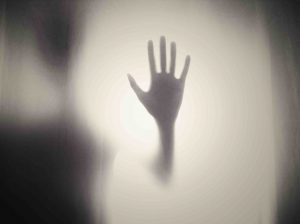 Chicago Public School teacher, Jason Gil, is being accused of having sex with one of his students, a 14-year-old girl. Gil has been charged with criminal sexual assault, solicitation of child pornography, solicitation to meet a child, and grooming. Gil is a part-time bilingual teacher at Waters Elementary School. He has currently been removed from his position.
Chicago Public School teacher, Jason Gil, is being accused of having sex with one of his students, a 14-year-old girl. Gil has been charged with criminal sexual assault, solicitation of child pornography, solicitation to meet a child, and grooming. Gil is a part-time bilingual teacher at Waters Elementary School. He has currently been removed from his position.
According to the complaint, Gil was working at another Chicago school when the abuse occurred. The girl reported the abuse, and Gil was arrested by Skokie police.
Parents at Waters Elementary have signed a petition against the teacher urging the prosecutor not to cut him a deal. Parents are concerned that the prosecutor will let the teacher off easily. Over 150 parents have signed the petition.
 Chicago Criminal Lawyer Blog
Chicago Criminal Lawyer Blog









